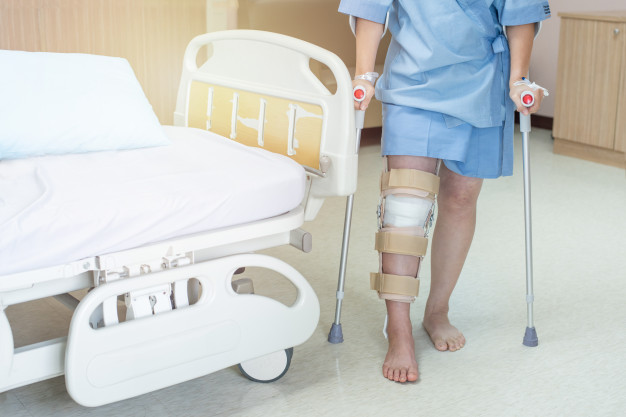During pregnancy, even healthy women may have problems with urinary control. The changes that occur in the body during this period become the source of a number of factors that trigger incontinence. More often, control over urination may deteriorate starting in the second or third trimester, less often – a woman may experience incontinence in the first months. It is important to understand that there are many opportunities now to get through this important period in a woman’s life comfortably, even if you have a problem with incontinence.
According to statistics, more than half of women experience incontinence of varying degrees during pregnancy. As the time approaches the time of birth, the problem may worsen and persist, on average, for six months after the birth of the baby.
How does incontinence manifest in pregnant women?
Problems with urinary control can manifest as occasional drips. Usually these episodes are associated with sudden exertion – coughing, sneezing, laughing, lifting weights, a sudden change in body position.
This problem significantly limits the freedom of movement of a pregnant woman and her ability to lead a socially active lifestyle. This is especially acute in the later stages. Expectant mothers feel embarrassed and worried that they cannot leave the house for a long time. In some cases, women may not have time to reach the toilet when they feel the urge. Such troubles in pregnant women can happen at night.
But expectant mothers do not need to voluntarily expose themselves to social isolation. With modern absorbents, you can regain your confidence and completely eliminate the discomfort associated with incontinence. Special urological pads will help to keep this delicate problem a secret . Having chosen the right size, depending on the absorbent characteristics, a woman can not worry and afford long walks and going out.
Common causes of urinary incontinence in pregnant women
If you have a problem with urinary control during pregnancy, it is important to inform your doctor so that he can help you make sure that there are no pathological causes of this problem. You will need to pass a urine test. If necessary, the doctor will prescribe other additional examinations.
If, according to the survey, health problems are excluded, then incontinence has exclusively physiological causes that are reversible and will disappear some time after childbirth.
The most common causes of urinary incontinence in pregnant women include:
• Strong increase in the size of the uterus.
The volume and weight of the organ increases with the growth of the fetus. The enlarged uterus gradually displaces adjacent organs and puts pressure on them, including the bladder. The amount of urine produced by the kidneys increases. As a result, the bladder overflows faster. Due to constant pressure, its volume is limited, and the urge to urinate becomes more frequent. Leakage associated with this cause is more likely to occur in the third trimester.
• Loss of tone and overstretching of the pelvic floor muscles. This occurs not only against the background of the mechanical effect of the increasing fetal mass, but also under the influence of the hormone progesterone. As a result, it is more difficult for a woman to control urinary retention.
• Active movements of the child. When the baby, during a change in position in the uterus, hits the bladder with a handle or a leg, this can lead to involuntary urine leakage in the expectant mother.
• Initially decreased tone of the pelvic floor muscles. It more often occurs in women who have recently given birth, in mothers with many children, in pregnant women with poor physical fitness or large excess weight.
• Stress incontinence. During periods of strong nervous tension, the conduction of nerve impulses and the regulation of urination may be disrupted. This type of incontinence occurs already in the first weeks of pregnancy. In rare episodes of leakage of small volumes of urine, using a urological pad will be enough to make the woman feel free and confident again.
In addition to the main reasons listed, you can recall the factors that affect the severity of the problem. This includes fetal weight and the amount of amniotic fluid and multiple pregnancies. If a pregnant woman has previously had an inflammation of the urinary system, exacerbations may occur while carrying a child, which also provoke urinary incontinence.
Deterioration of urinary control is a source of discomfort and anxiety for a woman. But it is important to remember that if incontinence is caused only by physiological reasons, it does not pose a danger to the mother and the unborn child, since the changes in the body associated with pregnancy are reversible. And the iD LIGHT urological pads will help maintain a feeling of comfort for the entire recovery period. The main thing for a pregnant woman is not to focus on worries about this – after giving birth, the problem will disappear by itself


